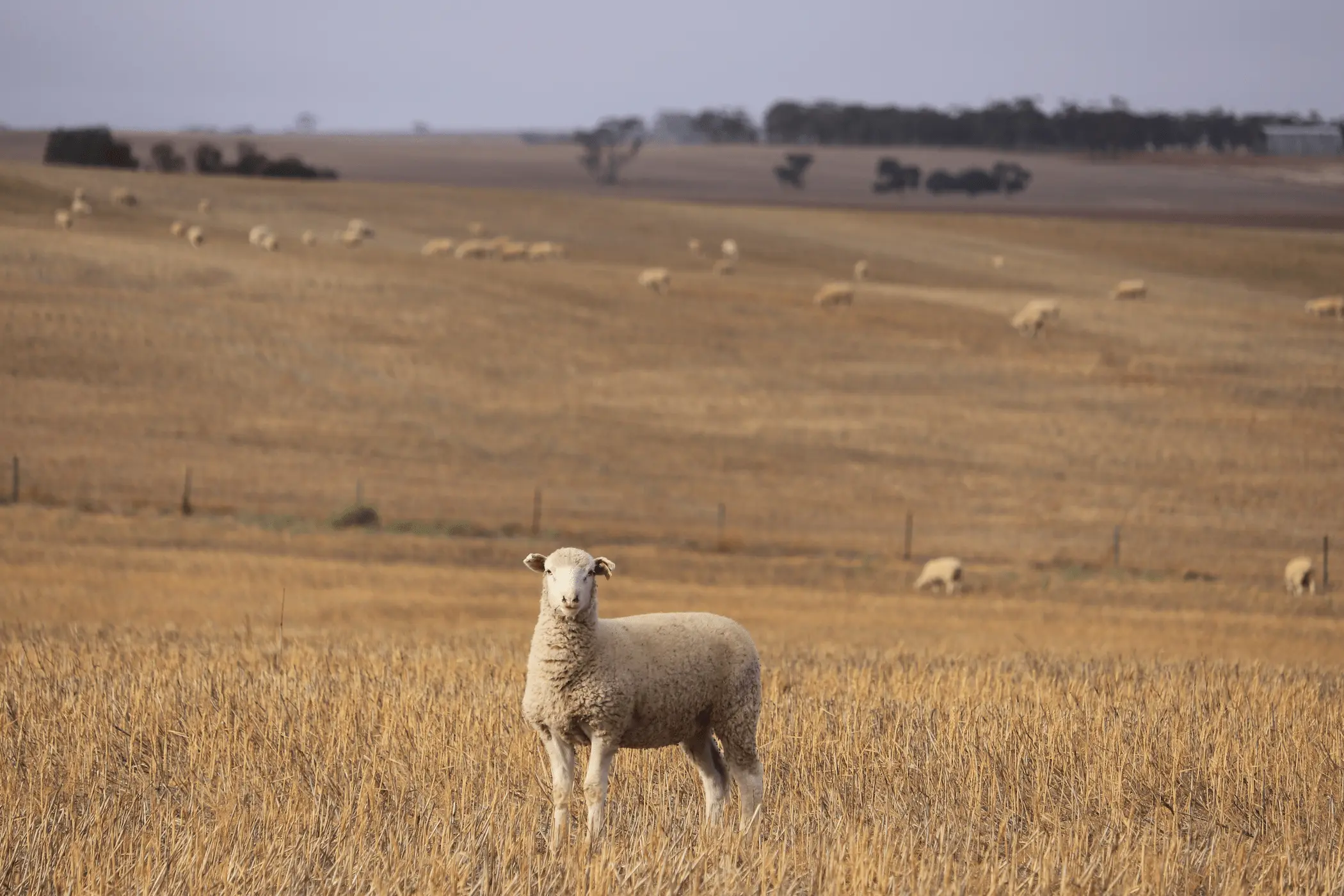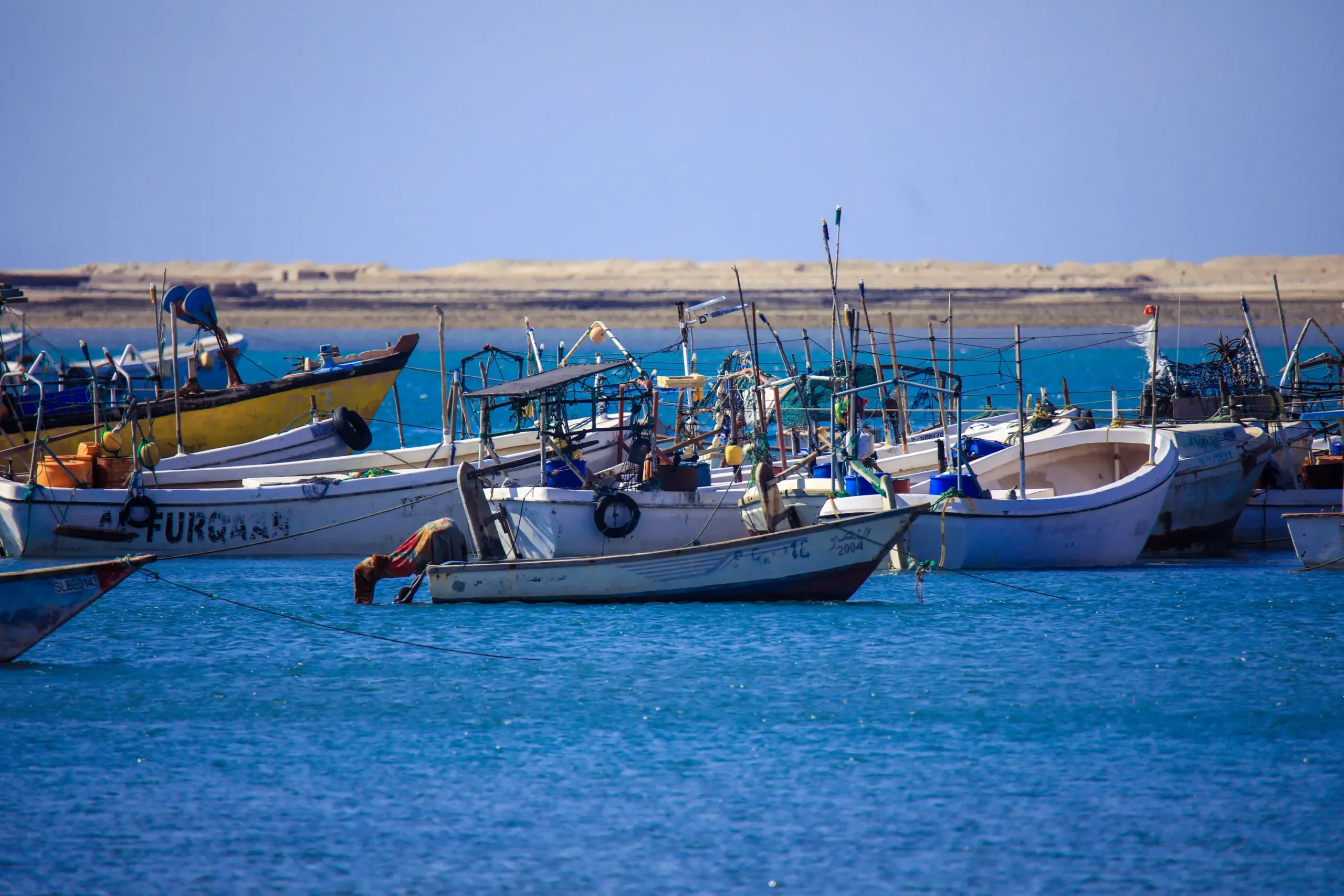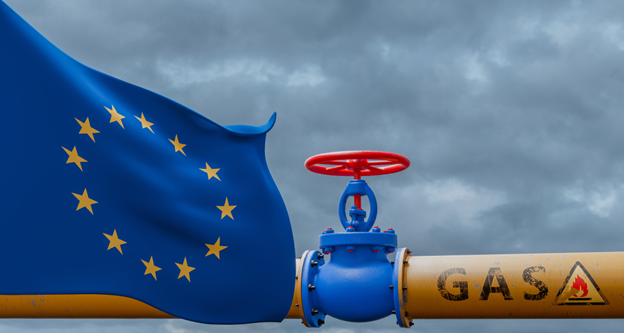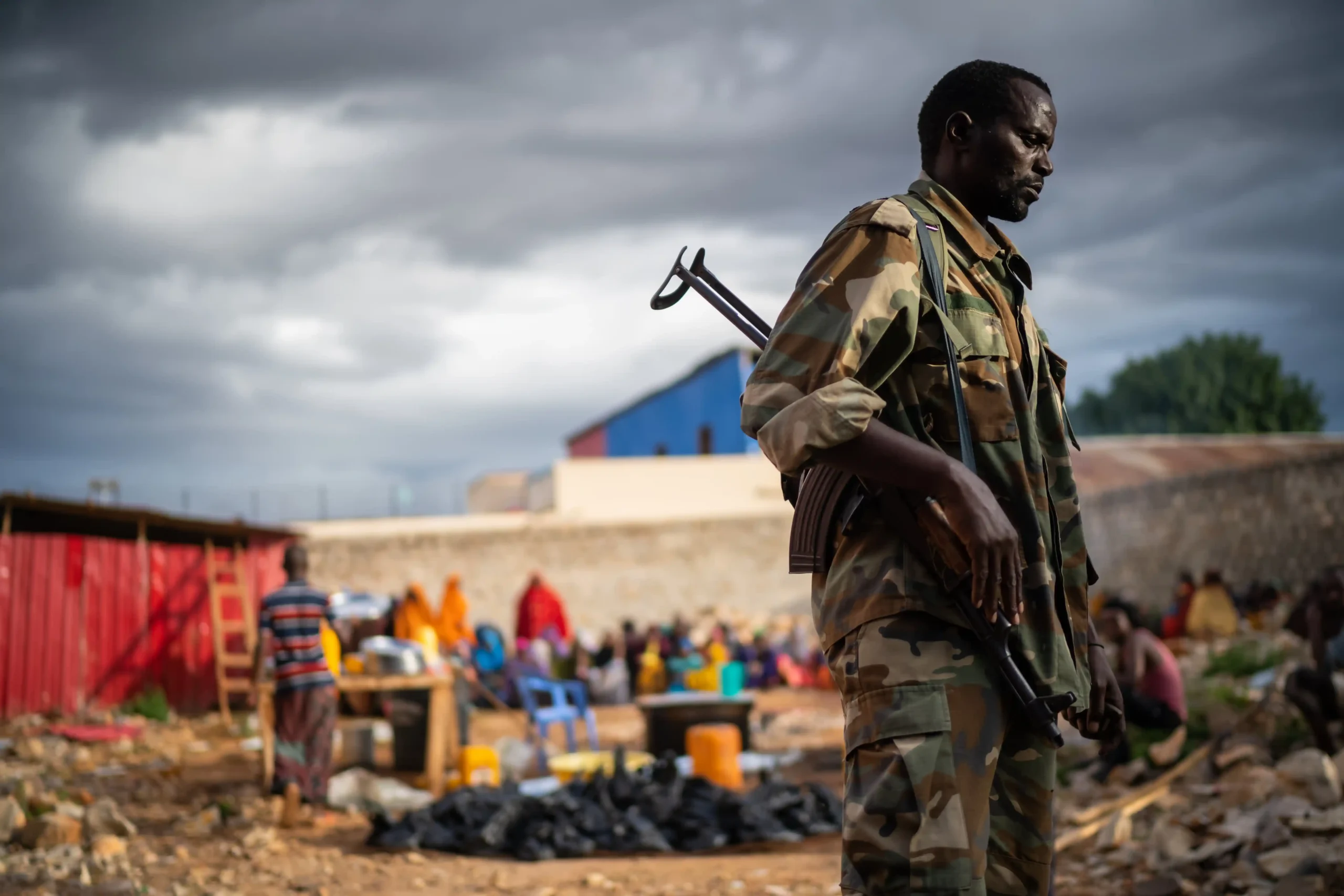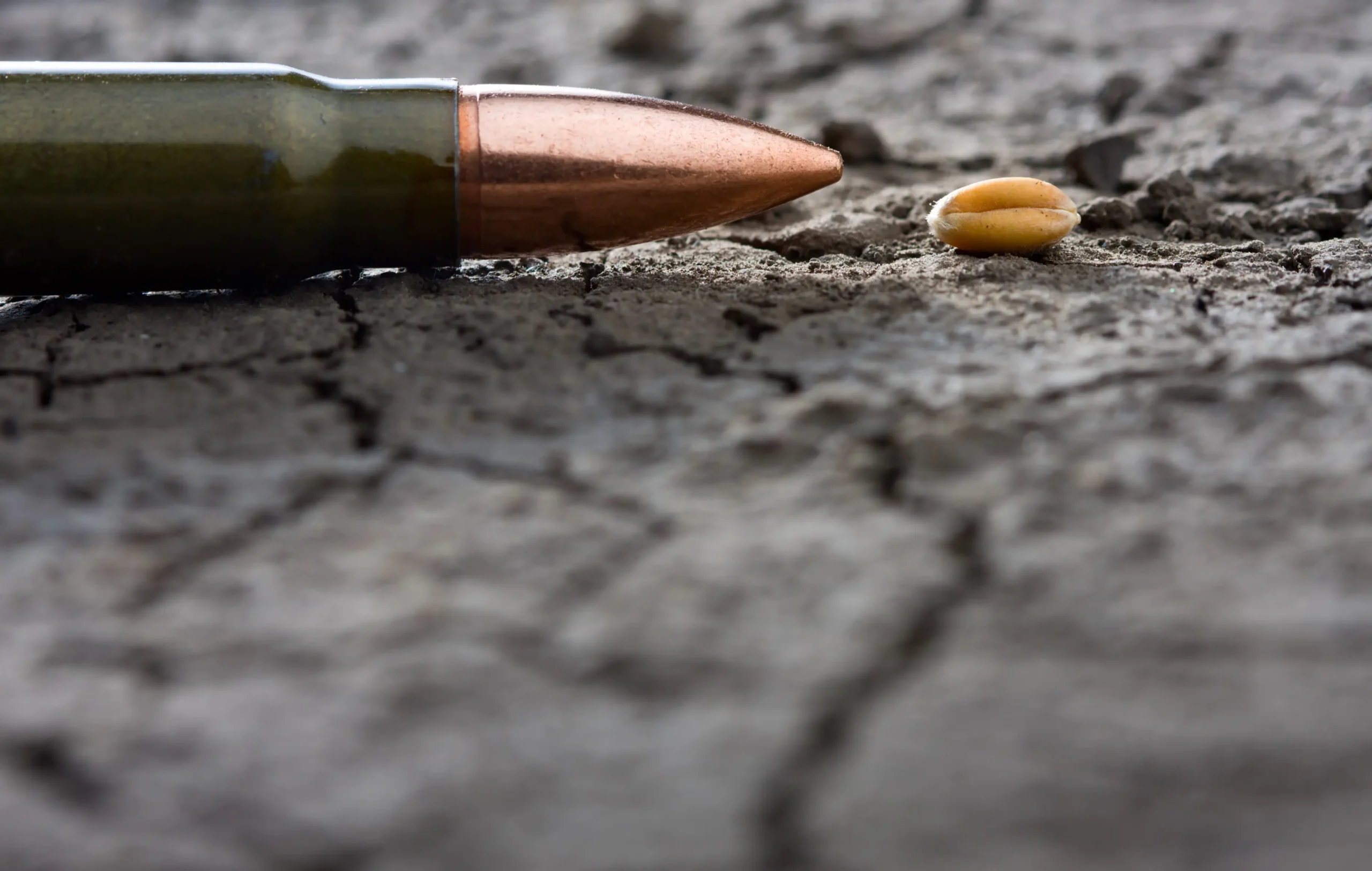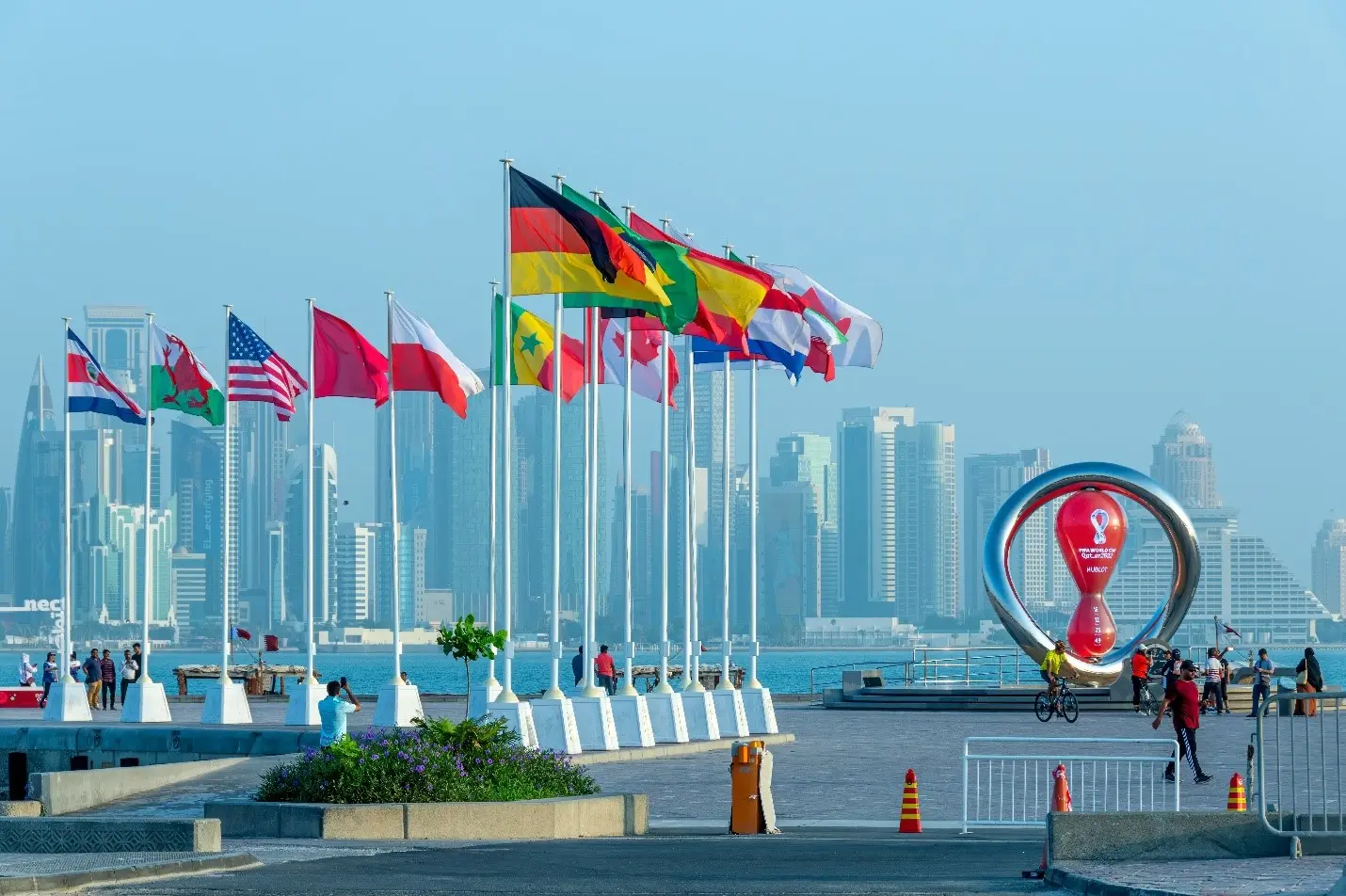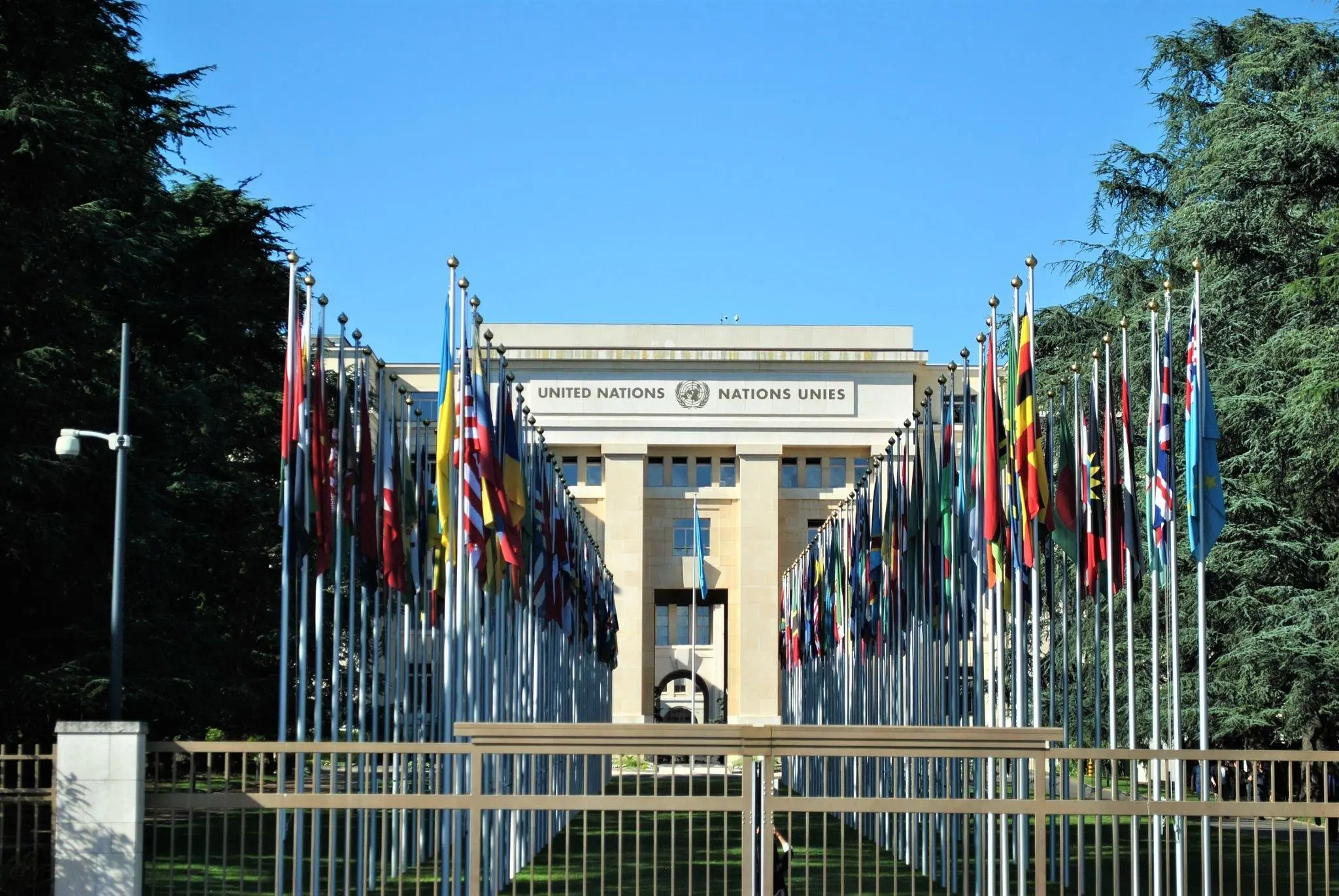21 Jul 2024
The Power of the Word: How the UAE Redefined International Mediation?
The 21st century has witnessed a resurgence of mediation as a pivotal tool for resolving international disputes. This resurgence is driven by the complexities of contemporary conflicts and the expansion of threats beyond traditional regional conflicts, civil wars, and political crises. The scope of security threats now includes issues such as climate change, cybersecurity, and transnational organised crime.
Several countries have played significant roles in mediation, leveraging their diplomatic acumen, political influence, and economic resources to facilitate dialogue and prevent escalation. Norway has consistently demonstrated its commitment to peacebuilding through active participation in resolving conflicts among the most prominent mediators. From Sri Lanka to Colombia and the facilitation of the Oslo Accords, Norway has embodied its ability to promote dialogue between seemingly irreconcilable adversaries.
Known for its multilateral approach and emphasis on consensus building, Finland initiated the Group of Friends of Mediation in September 2010, significantly contributing to peace processes in the Horn of Africa. Similarly, Switzerland, with its long-standing tradition of neutrality, has provided a safe and neutral venue for countless peace talks and negotiations, fostering an environment conducive to compromise and resolution.
Amid the resurgence of mediation in international diplomacy, the last decade has witnessed the emergence of non-Western actors in this field. At the forefront is the United Arab Emirates (UAE), which has become an essential player in the Middle East and beyond. Since its founding, the UAE has combined traditional Arab values with modern diplomatic practices to address the cultural complexities of regional conflicts, adopting a policy of promoting peace, security, and stability both regionally and globally.
The UAE’s commitment to mediation is evident in its numerous initiatives aimed at calming conflicts and crises, including active mediation in the ongoing conflict in Yemen, facilitating dialogue and humanitarian aid, playing a crucial role in reconciliation efforts between India and Pakistan; its pivotal role in the historic 2018 peace agreement between Ethiopia and Eritrea, marking a significant achievement in regional stability; facilitating prisoner exchanges between Russia and Ukraine, showcasing the UAE's diplomatic reach; mediation efforts between Russia and the United States (U.S.), further highlighting the UAE's influence; and hosting the COP28 Climate Conference in Dubai, underscoring the UAE's active participation in global diplomacy.
However, the path to mediation is fraught with challenges. The inherent complexities of many regional conflicts, the conflicting interests of the parties involved, and the need to balance mediation efforts with national interests can hinder the achievement of sustainable solutions. Additionally, maintaining neutrality in polarised situations, limited influence over non-state actors, and potential capacity constraints are challenges that the UAE must overcome to ensure the continued success of its mediation efforts. Hence, the UAE’s role as a rising international mediator, focusing on the factors that enabled its rise, its mediation strategies, and the impact of its efforts on regional and global conflicts will be examined.
3 Jul 2024
Sacrifice Sustainability – Does it Impact Hajj Rituals?
Hajj, the fifth pillar of Islam, is a highly anticipated ritual for many Muslims. As the global Muslim population grows and financial conditions improve, the demand to perform Hajj has increased. However, pilgrims encounter numerous challenges, particularly regarding the ritual of sacrifice. After completing the stoning of the Jamarat, pilgrims perform the sacrifice—slaughtering a sheep, cow, or camel—as an act of devotion to Allah Almighty. This analysis seeks to explore the specific challenges associated with the sacrificial ritual.
To be considered valid, a sacrificial animal must meet several criteria. It must be livestock—camels, cows, sheep, or goats—and adhere to Islamic age requirements: at least six months old for camels, two years for cows, one year for sheep, and six months for goats. The animal must be free from defects, including lameness, blindness, illness, or severe emaciation. It must be slaughtered in designated holy locations and within the timeframe set by Islamic law, from after Eid al-Adha prayer until the final days of Tashreeq (the 11th, 12th and 13th of Dhul-Hijjah.)
17 Apr 2024
Twin Flames: Ethiopia, Somaliland and the New Horn of Africa
In January of 2024, landlocked Ethiopia officially considered the formal recognition of Somaliland, which declared independence from Somalia in 1991 and remains an unrecognised de facto state. This potential agreement, which would be in exchange for access to the Gulf of Aden through the port of Berbera, reignited tensions with neighbouring Somalia. Although the exact details of the agreement have not yet been fully disclosed, Somalia considers it to be an annexation of territory potentially. Still, its demands for an end to the agreement have seemingly been ignored by its neighbours.
30 Nov 2023
An Open Letter to COP28
Dear leaders, negotiators, and decision makers,
This year, "Unite-Act-Deliver" is the slogan of COP28, a pivotal event in the international endeavour to combat climate change. The increasing number of climate disasters in 2023, wherein severe weather phenomena have wreaked devastation on a global scale, shows the urgency of the need to act. The United States, Hong Kong, Greece, Libya, Turkey, Bulgaria, Spain, Taiwan, Pakistan and China were all affected by hurricanes, storms, droughts, and flooding. The floods that struck Libya and Pakistan were particularly devastating, resulting in substantial destruction of infrastructure and loss of life, and increasing sea levels and heat surges that have been felt globally have also occurred.
Furthermore, the adverse effects of climate change on food and water security on a global scale have impeded progress towards attaining the Sustainable Development Goals. In particular, food systems are accountable for one-third of worldwide green gas emissions and have slowed agricultural productivity for the past five years which entails the transformation of food systems to achieve net-zero emissions.
4 Jun 2023
Is Africa the Solution to the EU’s Energy Crisis?
A global energy crisis of unparalleled scope and complexity is currently roiling the planet. Although the crisis is most acute in Europe, it is having a significant impact on markets, regulations, and economies all over the world. Europe was the region most impacted by the crisis since the Ukraine conflict where Russia’s supplies to Europe were disrupted. The nation took action to mitigate the effects of the crisis as a result of this interruption, one of which was the urge to find new sources of energy. The African continent is rich in energy resources, but the question that remains is whether it will be able to replace Russia in meeting Europe's energy needs.
30 May 2023
Somalia’s Gamble on American Intervention
A humanitarian crisis is unfolding in Somalia after flash floods have displaced over 200,000 people, exacerbating the country’s ongoing struggle with mass starvation, water scarcity and terrorism. For over a decade, jihadi organisation al-Shabaab has carried out attacks and terrorised civilians, both in Somalia and neighbouring countries including Kenya and Ethiopia, prompting extensive counterterrorism offensives by the Somali government with support from numerous international actors including the US, UK, EU, Eritrea, and Turkey. Not surprisingly, the US holds one of the largest shares in security assistance (and peacekeeping operations) funding to Somalia, amounting to around $3 billion in the last decade. Where insurgency goes, the American military follows, but to what effect? If there were ever doubts about the long-term effectiveness of American military intervention, the Taliban’s takeover in Afghanistan in 2021 certainly solidified their validity. Though the intervention in Somalia can be considered low profile relative to other American adventures, that might be a cause for more concern. In the wake of recent developments, the question of if Somalia will be the next Afghanistan emerges once again.
11 Apr 2023
Between Grain and AK-47s: Russian Influence in Africa
The Russian presence in Africa has recently increased after a decline of nearly three decades since the dissolution of the Soviet Union in the nineties of the last century. Russian-African relations are part of Russia's new strategy to enhance its international influence. This strategy conforms to Russia's situation in international affairs, including its support for countries that contradict Western policies. Moscow has focused its influence on the West African region, taking advantage of Western policy mistakes, the mounting anti-European sentiment, and the long-standing failure of international and domestic actors to address the root causes of the regional instability. The first Russian-African summit in Sochi in October 2019 concluded contracts with more than 30 African countries for the supply of weapons and military equipment. It thus opened the door for state-backed companies to invest heavily in the security and technology sectors and industries that extract natural resources such as oil, gas, gold and other minerals.
On the other hand, the Russian-Ukrainian conflict did not impede this rapprochement but rather contributed to developing the partnership between the two parties to take the form of a strategic alliance. This was apparent in the speeches and statements of President Vladimir Putin, the most prominent of which was the speech he delivered at the International Parliament Conference "Russia - Africa in a Multipolar World", which was held in Moscow in March of this year on the sidelines of Saint Petersburg preparations for the second coming Russian – African summit to be held in July 2023. Putin reiterated that cooperation between Moscow and African countries was and will always be one of the top fixed priorities of Russia's foreign policy, declaring Russia's fulfilment of all its obligations, including supply of food, fertilisers, fuel and other essential products to the countries of the continent, which helps ensure food and energy security.
In light of the ongoing Russian-Ukrainian conflict, this analysis aims to shed more light on the motivations and characteristics of the Russian strategy in Africa. It also seeks to highlight the challenges to Russian influence expansion as well as the prospects for Russian-African relations in the future.
29 Mar 2023
Sports Diplomacy: How Do Sports Events Enhance the Reputation of Countries?
The FIFA World Cup in 2022 in Qatar garnered more attention from the international community due to Qatar's ability to change perceptions of it as a nation capable of hosting the biggest sporting events. Many countries have recently sought to host international sports events in an effort to enhance their posture diplomatically, improve their reputation as well as shore up their position within the international community. To that end, “Sports Diplomacy” has been used to achieve understanding and peace among nations and promote the countries’ political and ideological goals. On the other hand, countries exploited sports as an approach aiming at asserting the superiority and strength of the state; for instance, the 1936 Olympic Games were held in Germany, and the 1934 FIFA World Cup was held in Mussolini’s Italy. In other cases, sports played a more constructive role in the 1990s, representing an opportunity for South Africa to surpass the apartheid era and look forward to a better future. For China, sports have played a role in introducing an open policy and a more influential economy.
A state’s reputation is one of the key factors affecting its international relations, as it reflects its global image, influencing its recognition and interaction with other countries. With sports diplomacy, states could carry out several interests, such as boosting diplomatic ties with other states, raising the degree of understanding and cooperation among people and governments, and improving the state's public image globally. In other words, sports diplomacy is an effective tool for attaining diplomatic goals and promoting the state’s reputation worldwide. This analysis seeks to shed more light on the link between sports diplomacy and the state’s reputation and how the state’s stance in the international community is enhanced by sports diplomacy.
5 Feb 2023
Double Standards: Signs of Denying Lebanon the Right to Vote in the UN
The recent statement by UN Secretary-General António Guterres on January 17, 2023, that Lebanon and eight other countries will lose their right to vote in the UN sparked various concerns about the standards used to make this decision. Looking at the disenfranchised list, we find common problems in these countries. Some countries—like Somalia, South Sudan, and Lebanon—suffer from political and economic crises, while others—like Venezuela—suffer from economic sanctions that have wreaked havoc on their economies. Such a decision highlights how crucial it is to link democracy with justice and raises whether the countries’ rights depend on their financial resources. Is it unacceptable for underdeveloped and distressed countries to participate in international forums and voice their thoughts? Some other countries violated, and continue to break, International Law and the UN Charter; however, they enjoy their voting rights. In addition, the UN is the primary international platform where countries seek to resolve their differences without resorting to conflict. Countries have to participate in this entity to make their voices heard in the global community; if they are excluded, they will assume individual responsibility for forging solid alliances and searching for alternative sources of communication with the rest of the worldwide community.
The current analysis aims to evaluate the provisions and procedures on which the nine countries were denied the right to vote to determine the key drivers of the decision and how the nine denied countries may restore their voting rights.

